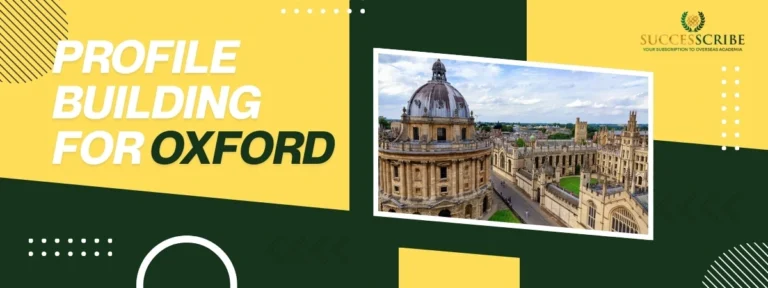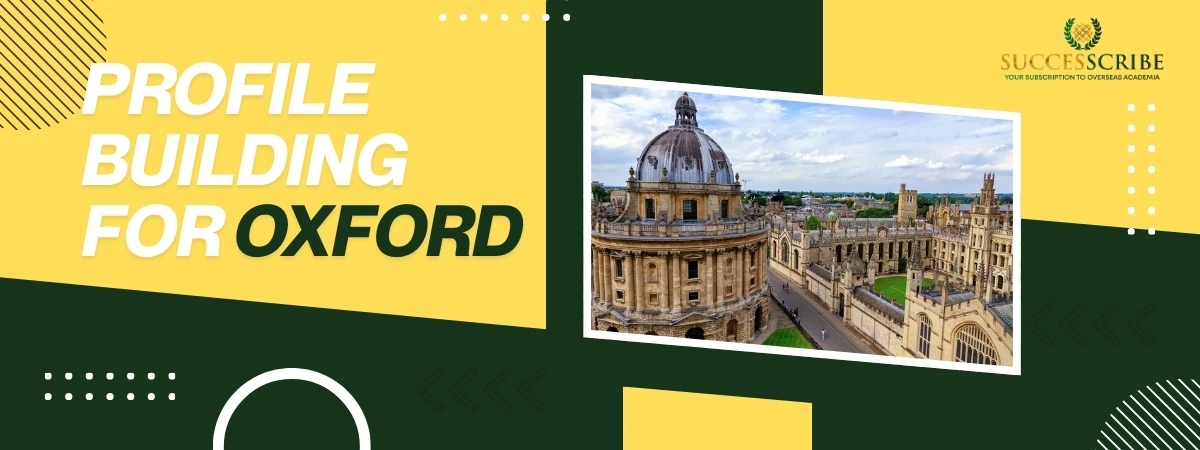An MBA from the United Kingdom continues to be one of the most globally recognised business qualifications. World‑class schools, tight‑knit cohorts, powerful alumni networks, and the UK’s position as a hub for finance, technology, sustainability and creative industries all combine to make it a high‑ROI degree for ambitious professionals. This topic brings everything together in one place: formats, admissions, fees and funding, job outcomes, visas, timelines, and practical tips, so you can plan with clarity and confidence.
Key Highlights
- Typical duration: 12 months (most UK full‑time MBAs), with a few programs offering 15–21 months options for extended internships or exchange terms.
- Intakes: Primarily August/September; a limited number of schools offer January starts.
- Tuition (full‑time): Roughly £45,000–£120,000 depending on school, format and length.
- Living costs: Budget £1,200–£1,600 per month outside London and £1,500–£2,200 per month in London, depending on lifestyle, housing and travel.
- Accreditation: Many leading UK schools hold the prestigious triple crown – AACSB, AMBA and EQUIS – a marker of rigorous academic and operational quality.
- Careers: Strong outcomes in consulting, finance, technology, healthcare, energy, and entrepreneurship; London’s ecosystem is a major draw for internships and post‑MBA roles.
Why Choose the UK for Your MBA?

Choosing an MBA in UK gives students access to globally recognized business schools and a multicultural learning environment.
- One‑Year Efficiency: A 12‑month format minimises opportunity cost: you return to the workforce quickly while still experiencing a comprehensive, international MBA.
- Global Brands: Schools like London Business School, Oxford Saïd, Cambridge Judge, Imperial College Business School, Warwick and others are recognised by employers worldwide.
- London Advantage: Access to top consulting firms, investment banks, venture funds, and high‑growth startups. Regular recruiter presence, projects and speaker series.
- Diverse Cohorts: In many classes, 80–95% of students are international. Learning is intensely cross‑cultural, mirroring modern business.
- Career Mobility: The UK offers a two‑year post‑study work route after a master’s degree, plus potential pathways to Skilled Worker sponsorship with UK employers.
Programme Formats (and Who They Suit)
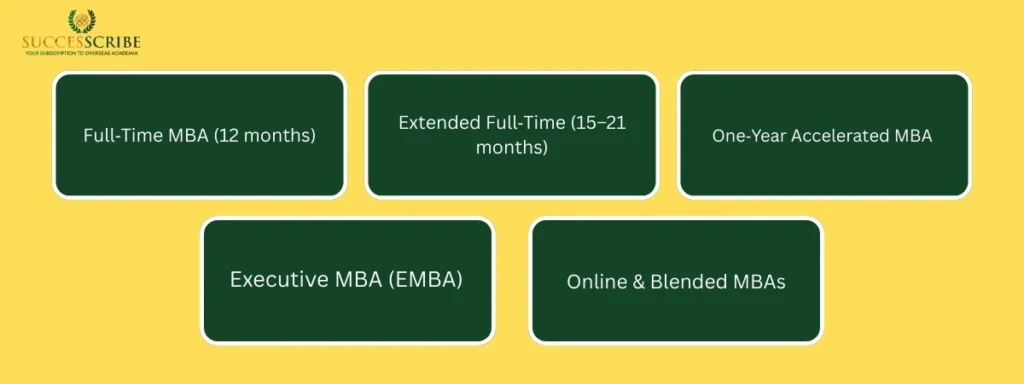
When planning to pursue an MBA in UK, it is important to choose the right programme format that matches your professional goals, financial situation, and lifestyle. Universities in the UK offer multiple options to cater to diverse student needs.
1. Full‑Time MBA (12 months)
- For: Professionals targeting a career pivot (function, industry or geography) and seeking deep campus immersion.
- Features: Packed core, multiple electives, intensive projects/consulting engagements, leadership labs, treks, competitions.
2. Extended Full‑Time (15–21 months)
- For: Those wanting extra time for an internship, international exchange or more electives.
- Features: Added flexibility to explore careers and build domain depth before graduation.
- One‑Year Accelerated MBA (for MiM grads / advanced standing)
- For: Candidates with prior business master’s or substantial credits.
- Features: Avoids repetition, focuses on advanced electives and experiential modules.
3. Executive MBA (EMBA)
- For: Mid‑ to senior‑level managers who continue working while studying (weekend or modular blocks).
- Features: Leadership focus, applied assignments, immediate on‑the‑job impact; strong peer learning.
4. Online Blended MBAs
- For: Professionals needing location flexibility; often paired with occasional campus residencies.
- Features: Live virtual classes, group work across time zones, optional electives on campus.
Top UK MBA Schools For MBA
Tuition and formats are indicative; confirm the latest details on each school’s site.
| School | Flagship MBA Length | Indicative Full‑time Tuition | Notes |
| London Business School (LBS) | 15–21 months (with an accelerated 12‑month option) | £120,000 (standard track) | Global brand; deep links to consulting/finance; extensive electives, London location. |
| Oxford Saïd Business School | 12 months (FT); EMBA available | £88,800 | Strong general management + impact/sustainability; embedded in university’s collegiate system. |
| Cambridge Judge Business School | 12 months (FT) | £80,000 | Tech/entrepreneurship ecosystem via the Cambridge cluster; highly collaborative culture. |
| Imperial College Business School | 12 months (FT), Weekend/Global Online options | £73,000 | Tech‑driven curriculum (analytics, AI, sustainability); strong industry projects. |
| Warwick Business School (WBS) | 12 months (FT) + Distance/Executive MBAs | £57,500 | Known for consulting/operations; careers support and leadership development praised. |
| Alliance Manchester Business School | 12 months (FT) | £50,000–£65,000 | Project‑heavy; strong industry links in the North; good value proposition. |
| Cranfield School of Management | 12 months (FT) | £45,000–£60,000 | Leadership and aerospace/defence/engineering networks; small, close‑knit cohorts. |
| Bayes (formerly Cass), City, University of London | 12 months (FT) | £50,000–£65,000 | Finance and insurance connections; central London location. |
| Durham / Bath / Edinburgh / Strathclyde | 12 months (FT) | £40,000–£55,000 | Strong academics and ROI; good consulting/industry placements; smaller class sizes. |
Beyond brand and price, compare teaching style, elective breadth, club ecosystem, geographic networks, and recruiter presence for your target roles.
Admissions Eligibility for MBA in UK
The eligibility criteria for pursuing an MBA in UK are designed to ensure that students are well-prepared for the rigorous academic and professional challenges of the program. While requirements may vary slightly from one business school to another, the following are the most common eligibility conditions:
1. Academic Background
- A bachelor’s degree (any discipline) from a recognised institution. Select schools may consider non‑degree routes for outstanding candidates with significant leadership and quantitative evidence.
2. Work Experience
- Competitive applicants typically present 3–8+ years of full‑time, post‑graduate work. Some schools welcome early‑career candidates who demonstrate exceptional leadership potential.
3. Tests: GMAT / GRE (and Waivers)
- Most top programmes accept GMAT or GRE. Many offer waivers for candidates with strong quantitative degrees, professional certifications (e.g., CFA), or substantial leadership/analytical work experience.
- Even where waivers exist, a high GMAT/GRE can strengthen merit‑scholarship chances and signal quantitative readiness—especially if your undergrad GPA is modest or non‑quant.
4. English Proficiency
- If your primary degree was not taught in English, expect to submit IELTS (often 7.0 overall), TOEFL iBT, or PTE Academic scores. Some schools accept duolingo or grant waivers if you’ve worked extensively in English.
5. Application Components
- CV (1–2 pages): Quantify impact; highlight leadership, cross‑functional work, and global exposure.
- Essays / Personal Statement: Show clarity of career goals, motivation for the UK, and school fit (clubs, electives, centres, values). Be specific.
- Recommendations (usually 2): Prefer current/most recent supervisor plus another who can attest to your leadership, teamwork and growth.
- Interview: Behavioural (leadership, teamwork, conflict) + motivations + career plan realism. Expect case or technical discussion for consulting/finance focus.
6. What Great Adcoms Look For
- Evidence of leadership and initiative, not just tenure.
- Academics + analytics: grades, tests, quant coursework, certifications.
- Professional trajectory: promotions, scope increases, outcomes you drove.
- Global mindset and community contribution: clubs, mentoring, volunteering.
- A credible post‑MBA plan matched to school resources and UK/European job markets.
MBA in UK without GMAT
Many international students assume that a GMAT score is compulsory to study MBA abroad.
However, several top business schools in the UK offer admission without GMAT, provided you meet other academic and professional requirements.
This makes the UK an attractive destination for candidates who have strong work experience or outstanding academic achievements but do not want to take standardized tests.
How Can You Get MBA Admission in UK without GMAT?
Universities may waive GMAT if:
- You have significant work experience (usually 3–5 years minimum).
- You have an excellent academic background with a strong bachelor’s degree.
- You can demonstrate leadership skills, career growth, and professional achievements.
- You have already completed professional qualifications such as ACCA, CFA, or CIMA.
Curriculum Learning Experience for MBA in UK
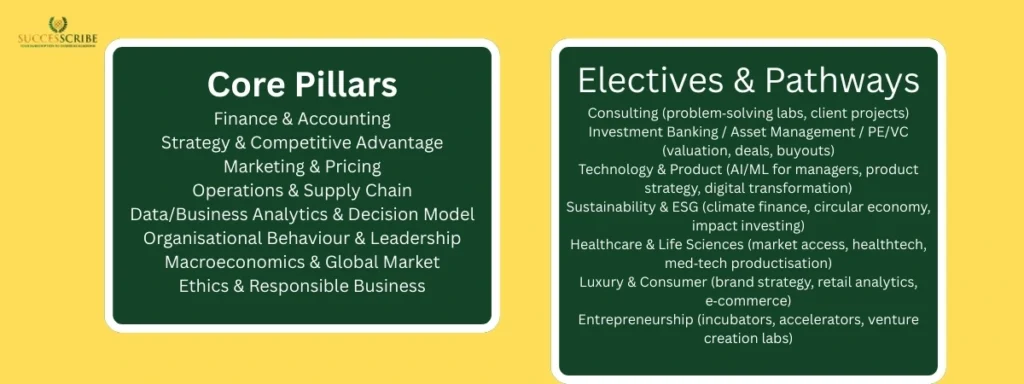
Here is the Curriculum of the MBA in UK:
Core Pillars
- Finance Accounting
- Strategy Competitive Advantage
- Marketing Pricing
- Operations Supply Chain
- Data/Business Analytics Decision Model
- Organisational Behaviour Leadership
- Macroeconomics Global Market
- Ethics Responsible Business
Electives Pathways
- Consulting (problem‑solving labs, client projects)
- Investment Banking / Asset Management / PE/VC (valuation, deals, buyouts)
- Technology Product (AI/ML for managers, product strategy, digital transformation)
- Sustainability ESG (climate finance, circular economy, impact investing)
- Healthcare Life Sciences (market access, healthtech, med‑tech productisation)
- Luxury Consumer (brand strategy, retail analytics, e‑commerce)
- Entrepreneurship (incubators, accelerators, venture creation labs)
Experiential Learning
- Live consulting projects with startups/FTSE 100 firms.
- Global experiences/treks to financial centres and emerging markets.
- Leadership expeditions and simulations.
- Competitions hackathons across strategy, data, and investing.
Support Ecosystem
- Career centres with 1‑to‑1 coaching, resume labs, interview prep and networking events.
- Student clubs (consulting, finance, tech, healthcare, women in business, social impact, entrepreneurship) are pivotal for peer learning and employer access.
Cost of Studying MBA in UK
Studying MBA in the UK is a big investment, but it is also one of the fastest ways to boost your career and earning potential. The total cost mainly depends on tuition fees, living expenses, and additional costs such as travel, visa, and health insurance.
1. Tuition Fees
Tuition fee is the largest portion of the overall cost. It varies based on the university’s ranking, location, and program type (full-time, executive, or online).
| Category of Business School | Average Tuition Fee (per year) | Examples |
| Top-ranked Universities | £65,000 – £100,000 | London Business School, Oxford Said, Cambridge Judge |
| Mid-range Universities | £45,000 – £60,000 | Warwick, Manchester, Imperial, Cranfield |
| Affordable Options | £30,000 – £40,000 | Aston, Durham, Edinburgh, Strathclyde |
Full-time MBAs in the UK are typically 1 year, making them more cost-effective compared to countries like the USA where MBA is 2 years.
2. Living Expenses
Living costs depend on whether you stay in London or other UK cities. London is almost 30–40% more expensive than cities like Coventry, Manchester, or Birmingham.
| Expense Category | London (per month) | Other Cities (per month) |
| Accommodation (Shared) | £700 – £1,000 | £500 – £700 |
| Food Groceries | £250 – £350 | £200 – £300 |
| Transport | £120 – £180 | £60 – £100 |
| Utilities Internet | £100 – £150 | £70 – £100 |
| Personal/Leisure | £150 – £250 | £100 – £200 |
Average Annual Living Cost:
- London: £15,000 – £18,000
- Other Cities: £10,000 – £13,000
3. Additional Costs
Apart from tuition and living expenses, international students also need to budget for extra costs.
| Expense | Approximate Cost |
| UK Student Visa (Tier 4) | £490 |
| NHS Health Surcharge | £776 per year |
| Flights (India–UK return) | £500 – £700 |
| Books Supplies | £300 – £500 |
Funding Scholarships For MBA in UK
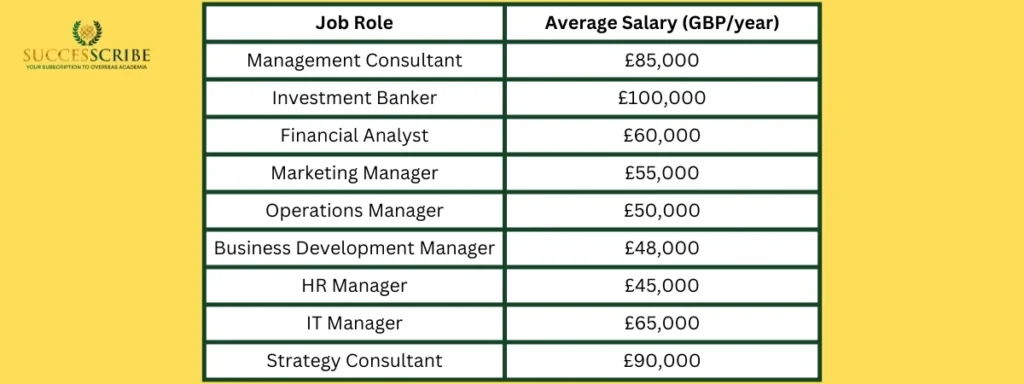
Many universities offer scholarships and financial aid to ease the cost of an MBA in UK. Options include merit-based awards, Chevening and Commonwealth Scholarships, corporate sponsorships, and education loans. With the right planning, funding your MBA in UK is both achievable and rewarding.
1. Merit and Need‑Based Awards (School‑Specific)
- Many schools allocate significant scholarship pools, ranging from partial fee waivers to full‑tuition awards, sometimes with living stipends.
- Criteria usually include academic merit, leadership, diversity, industry background, and demonstrated impact.
2. UK Government‑Linked Awards
- Chevening Scholarships: Fully funded one‑year master’s awards for outstanding emerging leaders from eligible countries. Highly competitive.
- GREAT Scholarships (British Council): Typically £10,000 toward tuition for selected one‑year master’s programmes at participating universities; availability varies by country and subject each year.
3. External Country‑Specific Funding
- Employer sponsorship (full/partial) for high‑potential managers.
- International lenders (e.g., education‑finance providers) with loan products tailored for MBA students; terms vary by nationality and school.
- Home‑country loans and scholarships (including state/CSR foundations, alumni associations, and sector‑specific grants).
4. How to Maximise Your Chances
- Apply early (Round 1/2) to be considered for the widest scholarship pool.
- Craft a clear leadership narrative and distinctive contributions you’ll bring.
- Quantify impact (revenue, savings, users, process improvements) in your CV and essays.
- Where possible, include a competitive test score to strengthen merit cases even if a waiver is available.
Careers, Salaries ROI After MBA in UK
An MBA in UK can boost salaries to £55,000–£100,000+ annually, offering up to an 80% hike in earnings and a rapid ROI within just a few years.
What Recruiters Value in UK MBAs
- Mature cohorts with 5–8 years’ average experience.
- Strength in analytics, product, consulting problem‑solving, and stakeholder management.
- International mobility and cross‑cultural teamwork.
Post‑MBA Industries (Typical)
- Consulting: Strategy, operations, digital transformation.
- Finance: Investment banking, asset/wealth management, corporate finance, venture capital.
- Technology: Product management, strategy/ops, data‑driven roles in Big Tech and scale‑ups.
- Consumer Retail: Brand management, e‑commerce, category leadership.
- Healthcare Life Sciences: Commercial, market access, med‑tech, healthtech.
- Energy Sustainability: Climate finance, renewables, ESG advisory.
- Entrepreneurship: Founder paths, search funds, small‑cap PE, or joining early‑stage startups.
Popular Job Roles after MBA in UK:
| Job Role | Average Salary (GBP/year) | Equivalent in INR (approx.) |
| Management Consultant | £85,000 | ₹90 lakhs |
| Investment Banker | £100,000 | ₹1.06 crore |
| Financial Analyst | £60,000 | ₹64 lakhs |
| Marketing Manager | £55,000 | ₹58 lakhs |
| Operations Manager | £50,000 | ₹53 lakhs |
| Business Development Manager | £48,000 | ₹51 lakhs |
| HR Manager | £45,000 | ₹47 lakhs |
| IT Manager | £65,000 | ₹69 lakhs |
| Strategy Consultant | £90,000 | ₹95 lakhs |
Outcomes (Indicative)
- Top UK MBAs report strong outcomes with median base salaries typically in the £70,000–£110,000+ range depending on school, sector and prior experience, with sign‑on bonuses and performance bonuses common in consulting and finance.
- Consulting offers (MBB and Tier‑2) remain robust; finance offers vary with market cycles; tech hiring is selective but steady for product/strategy roles.
The UK Job Market, Visas Your Strategy
- The Graduate Route allows you to remain in the UK for two years after completing a master’s degree to work or look for work (most roles). It’s an excellent window to build UK experience and network.
- Many MBA grads later switch to Skilled Worker sponsorship with an employer (subject to role eligibility and salary thresholds). Target sectors/roles with clear sponsorship histories and going‑rates aligned to post‑MBA compensation.
Maximising ROI
- Be surgical about target functions and companies before you arrive.
- Use the summer/term projects and consulting practicums as auditions for full‑time roles.
- Invest in case prep (consulting) or technical prep (finance/product) early.
- Leverage alumni relentlessly for informational interviews, referrals, and mock practice.
Work During Study Post‑Study Pathways
With an MBA in UK, students can work up to 20 hours a week while studying and, after graduation, benefit from the 2-year Graduate Route visa, unlocking global career opportunities.
While Studying
- Most international students on a standard UK student visa can work part‑time during term (commonly up to 20 hours per week) and full‑time during vacations, subject to your visa conditions and university term dates.
After Graduation
- Graduate Route (post‑study work): Stay in the UK for up to 2 years (3 years for PhD) to work or look for work; you do not need employer sponsorship for this route. Many graduates use this time to build a UK track record, then transition to Skilled Worker if offered sponsorship.
- Skilled Worker route: Requires a role at an approved sponsor, meeting minimum salary thresholds and going‑rate for the occupation. Thresholds are periodically updated; check the latest rules when applying.
Living in the UK: Cities Lifestyles
Here is the Accommodation thing for MBA in the UK:
London
- Pros: Unmatched recruiter access; networking every night; global alumni presence; diverse food, arts and culture.
- Watch‑outs: Higher rent; longer commutes if living further out; intense competition.
Oxford Cambridge
- Pros: Historic collegiate environments; close faculty access; strong entrepreneurship and research clusters (AI, biotech, deep tech).
- Watch‑outs: Smaller cities; housing requires early planning.
Manchester, Warwick/Coventry, Bath, Durham, Edinburgh, Glasgow
- Pros: Lower cost of living; strong regional industry ties; quality of life; tight communities.
- Watch‑outs: Fewer on‑the‑doorstep London finance roles (but commutable and accessible through treks and recruiter visits).
Conclusion
A UK MBA condenses a powerful general‑management education into a high‑intensity, high‑impact year (or slightly longer, if you choose). The combination of global brand, London’s opportunity density, international cohorts, and strong post‑study pathways makes it compelling for career switchers and accelerators alike.
Approach school selection with clarity of goals, budget with realistic numbers, and build relationships with admissions teams, students and alumni early. Done right, your MBA year will be a launchpad, into bigger leadership roles, new industries, or entirely new geographies. An MBA in UK combines world-class education, global networking, and strong career prospects, making it one of the smartest investments for your future.
FAQs
Is a one‑year MBA as valuable as a two‑year MBA?
Yes – especially in the UK where one‑year MBAs are the norm at top schools. They are intense and immersive, packing core learning and electives into 12 months. The trade‑off is less time for a long internship, so many students pursue term‑time projects or short sprints instead.
Do I need the GMAT/GRE?
Most leading UK MBAs accept either test and may offer waivers for experienced or quantitatively strong candidates. Still, a competitive score can boost scholarships and provide a quant signal if your academic record isn’t strongly quantitative.
How much work experience is required?
Many full‑time MBA cohorts average 5–8 years of experience. Some schools welcome early‑career candidates, but if you have <3 years you’ll need to demonstrate exceptional leadership and impact.
Can I work while studying?
International students can usually work part‑time during term and full‑time in vacations, within visa and university limits. Check your visa conditions and term dates.
What’s the post‑study work option?
Graduates of UK master’s degrees may be eligible for the Graduate Route, allowing you to remain in the UK for up to 2 years to work or job‑hunt, then potentially switch to Skilled Worker if sponsored.
How do I compare ROI between schools?
Triangulate tuition + living cost + opportunity cost against target‑sector pay, placement rates, and geographic outcomes. Also value network strength and brand longevity in the markets you care about.
Suggested Post
Letter of recommendation for study abroad
Fulbright-nehru fellowships
Student life in Germany
Daad scholarship for Indian students



